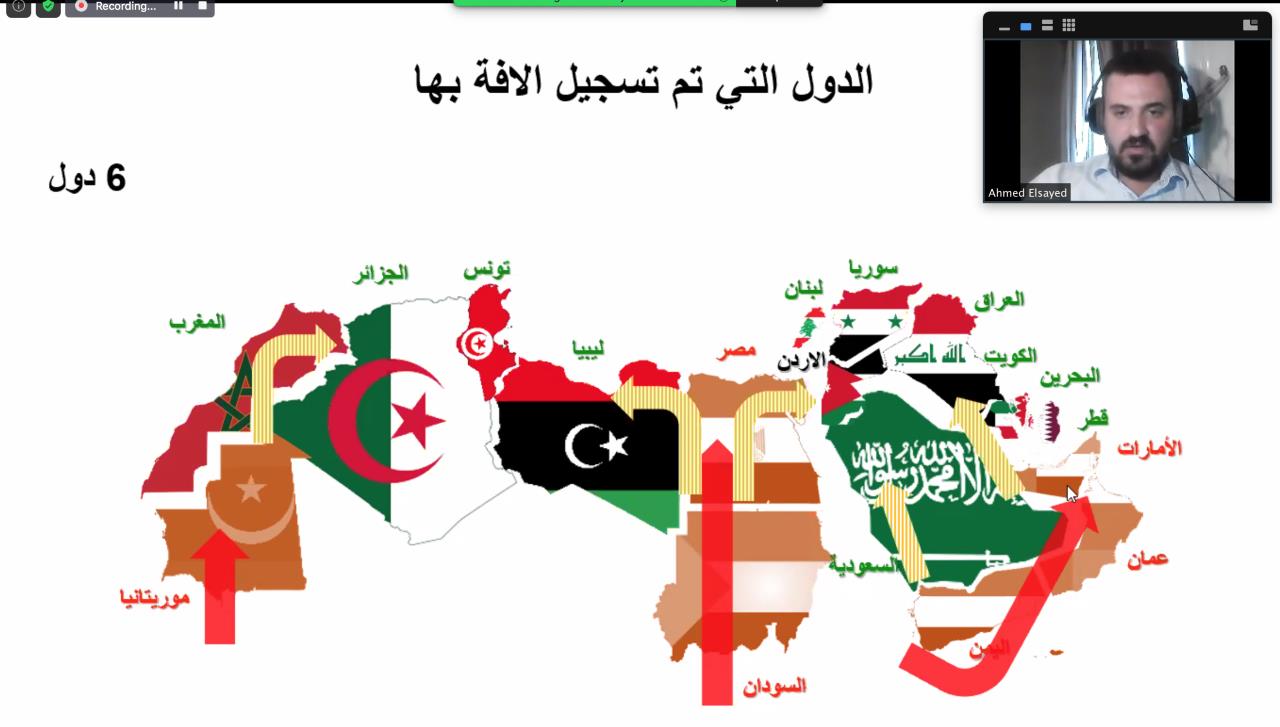Third tele-conference of FAO global action against Fall Armyworm in Near East and North Africa region

Cairo, 3 July 2020 -
After the success holding of the first two tele-conference of Fall Armyworm (FAW) global action, which resulted in exchanging critical information regarding pest status of FAW in NENA countries, particularly the announcement of FAW detection in Oman and UAE, the third tele-conference was held on Thursday 2 July. Before the meeting, template for baseline study was distributed to NENA countries, and feedback was received from countries on the national capacity and preparedness to cope with risks imposed by FAW, either for affected countries, or pest-free countries.
This series of meetings, that are held monthly by The Regional office for Near East and North Africa (RNE), is part of Food and Agriculture Organization of the United Nation (FAO) Global Action for Fall Armyworm (FAW) Control.
FAW, which was introduced to Africa in 2016, and since then spreading in numerous African and Asian countries, has caused devastating losses in major crops like maize and sorghum, for rural communities particularly for most vulnerable groups of small-holder farmers.
The 3nd tele-conference has received the highest participation rate with National Focal Points attending from 13 Near East and North African countries, in addition to FAO officers, regional experts and other regional organisation like the Near East Plant Protection Organisation (NEPPO) and the Arab Society of Plant Protection (ASPP). During the meeting, representative of Mauritania has highlighted the recent updated of FAW status. In addition, FAO officer in Yemen with the National Focal Point has presented the success story achieved by FAO project in Yemen on FAW.
Also, the participants have discussed the action taken by NENA countries to manage the risk of FAW, including the establishment of National Task Force, National Action Plan, stakeholder engagement, awareness campaigns, surveillance network, and pest management recommendations. The data gather from the baseline study revealed also the vulnerability of thousands of families in affected countries, and the burning need to provide support to improve small-family-farmers resilience to the impact of FAW. The
The next tele-conference will be held on 11 August and will include presentation of detailed efforts of Egypt to improve national capacities and assist small-holder in managing FAW, and introduction to safe and responsible use of pesticides against FAW in the framework of Integrated Pest Management
